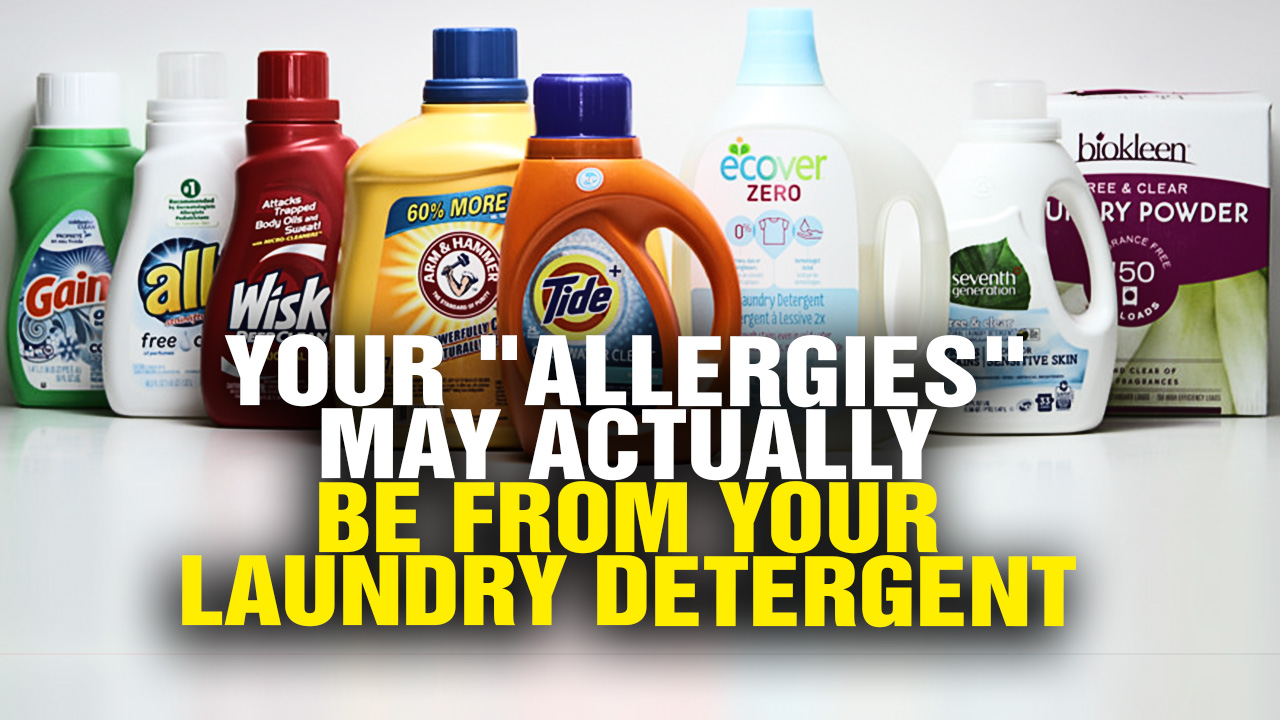Kroger, Albertsons, Dollar Tree and 99 Cents Only all tested positive for BPA in canned foods
07/09/2017 / By Earl Garcia

Despite a 30 percent decline in bisphenol-A (BPA) use in canned products since 2015, more than a third of canned goods purchased from large grocery chains Kroger and Albertsons, and discount stores Dollar Tree and 99 Cents Only still contained the toxic chemical in their linings, according to a joint report by the Center for Environmental Health (CEH) and the nonprofit Safer Chemicals, Healthy Families.
To carry out the report, researchers examined more than 250 canned products purchased between January and April from 10 states. An independent laboratory was also commissioned to assess BPA contamination in the products. The report revealed that 38 percent of canned food samples contained BPA in their linings. The report also showed that all canned products purchased from the grocery establishments and discount stores tested positive for BPA contamination.
In addition, the report revealed that two of the nation’s largest grocery stores, Kroger and Albertsons, continued to sell their BPA-laden canned products. According to the report, 36 percent of Albertsons’ canned products contained BPA, while 33 percent of Kroger’s “private label” canned foods tested positive for the toxic chemical. The report also found that canned products purchased from the discount stores Dollar Tree and 99 Cents Only were likely to contain higher BPA levels. According to the researchers, this could be a cause of concern especially among low-income communities of color that reside in food deserts where canned products from the local dollar stores were the cheapest and most convenient food option. Previous studies have shown that people living in food desserts generally have higher BPA levels in their bodies compared with the general population.
The report also stressed that while some companies have shunned BPA use in the canned products, there is currently insufficient data on the safety of materials used to replace BPA. In fact, the researchers found that 19 percent of the canned food samples used polyvinyl chloride (PVC) in the linings of their canned goods. PVC is a toxic substitute that is commonly used in plastic manufacturing.
“These companies have known for years that BPA is a serious health threat, yet too many of their food cans still contain this dangerous chemical. Americans deserve safe food for their children and families. It is past time for grocery retailers and dollar stores to end this health threat and develop safer alternatives for canned foods,” Caroline Cox, Research Director at CEH, said in OrganicAuthority.com.
BPA exposure results in various health woes
A large number of studies have previously demonstrated that BPA exposure may lead to a plethora of adverse health conditions. For instance, a study conducted by researchers at the Seoul National University College of Medicine in South Korea found that exposure to the toxic chemical may increase blood pressure levels and heart disease risk. As part of the study, the researchers examined 60 volunteers aged over 60 years old. The participants were instructed to consume soy milk that either came in glass bottles or tin cans. The study revealed that those who drank canned soy milk had higher BPA levels and systolic blood pressure rates than those who consumed the bottled varieties.
“Because these results confirm findings from other studies, doctors and patients, particularly those with high blood pressure or heart disease, should be aware of the possible risks from increased blood pressure when consuming canned foods or beverages,” researcher Dr. Yun-Chul Hong said.
Another study published in 2014 revealed that BPA exposure in the womb may increase the odds of developing childhood asthma. According to the researchers, each 10-fold increase in maternal BPA exposure during pregnancy was associated with a 14 percent decrease in respiratory status in children at age four. MAternal BPA exposure was also linked to 55 percent increased risk of wheezing and a 327 percent higher odds of persistent wheezing.
Sources include:
Tagged Under: BPA, canned goods, food contamination, food retailers, grocery stores, PVC, toxic chemical, toxins




















